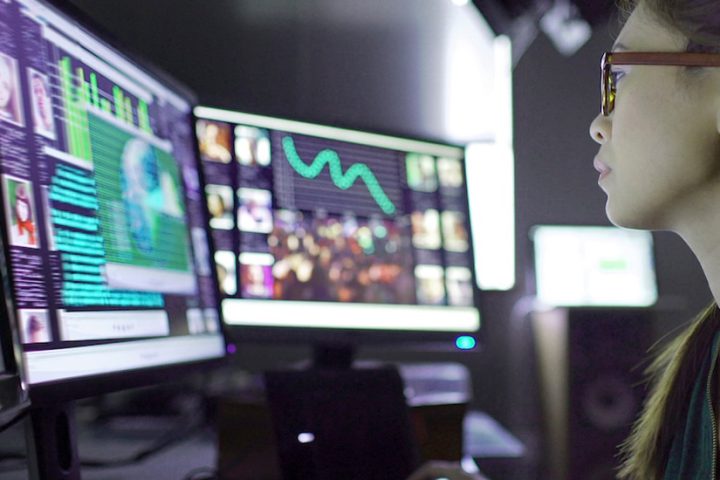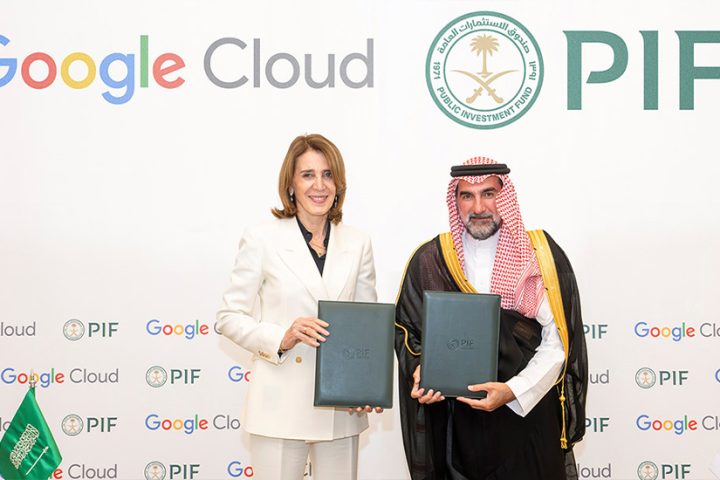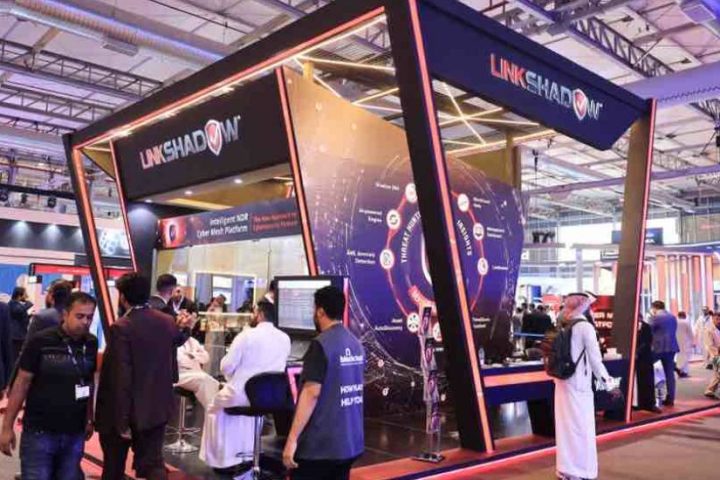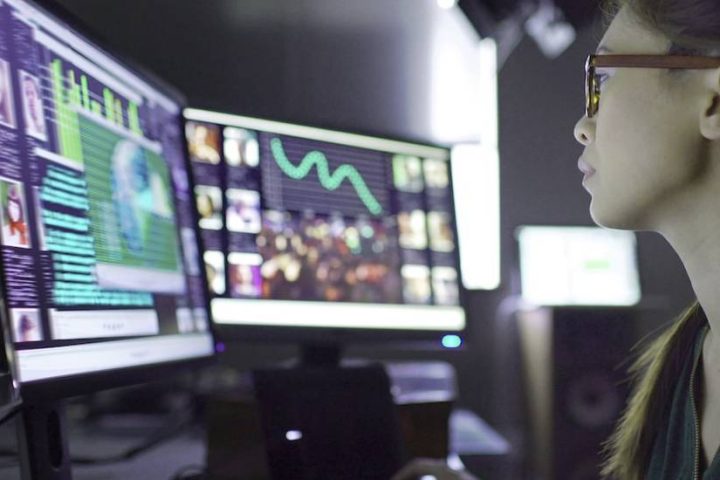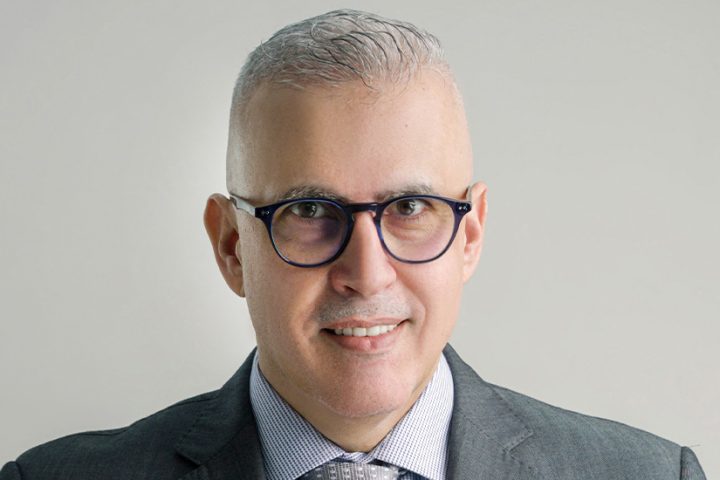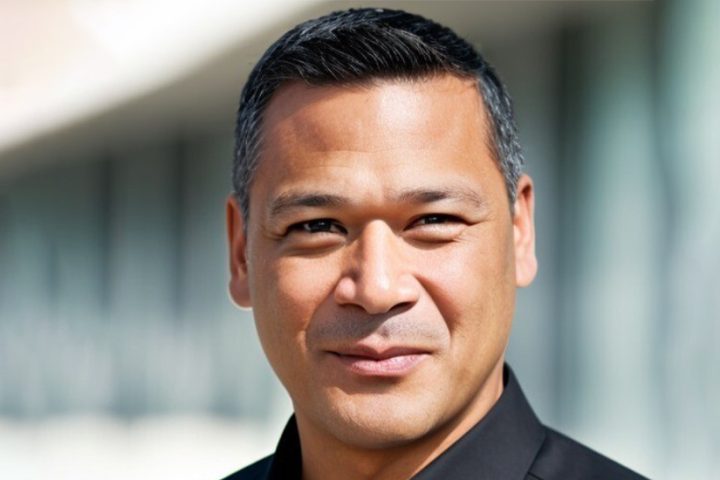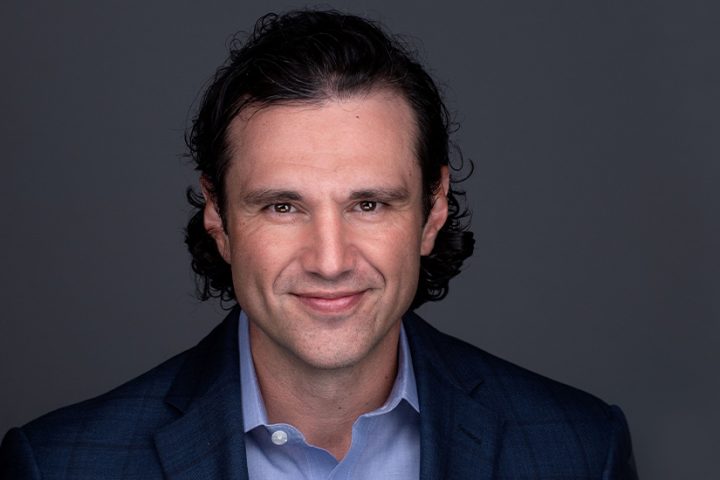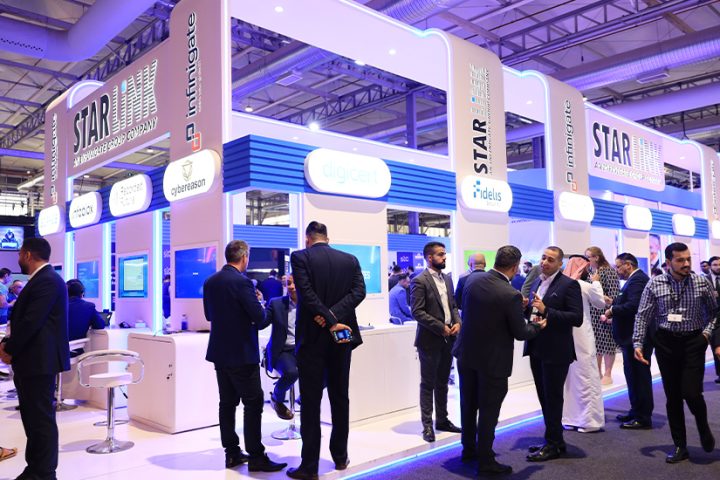Fortinet has announced a new Extended Detection and Response, XDR solution, FortiXDR is designed to reduce complexity, speed detection, and coordinate response to cyberattacks across the organisation. FortiXDR leverages Artificial Intelligence, AI, for the investigation effort critical to incident response. Expanding on the cloud-native endpoint platform of FortiEDR, it enhances an organisation’s Security Fabric and the threat protection powered by FortiGuard Labs security services. Specifically, FortiXDR can fully automate security operations processes typically handled by experienced security analysts to mitigate threats faster across the broad attack surface.
FortiXDR is AI-powered by a patent-pending Dynamic Control Flow Engine and continually trained by the threat data and research of FortiGuard Labs as well as the frontline expertise of its incident responders. The solution starts by leveraging the diverse security information shared across the Fortinet Security Fabric for correlation and analysis, converting them into high fidelity security incidents. These are then investigated by the AI engine, just as a seasoned security analyst would, to come to a final threat classification and scope. Finally, the best possible contextual responses are defined and can be automatically implemented to quickly remediate confirmed incidents.
Key benefits of FortiXDR include:
- Dramatically reduces the number of alerts across products, by 77% or more on average.
- Handles complex tasks in seconds that would take experts with specialised tools 30 minutes or more to accomplish. And without human error.
- Enables the consolidation of independent security products and an automatic, coordinated response.
- Fully automates intelligent incident investigation rather than relying on scarce human resources.
Additionally, FortiXDR can ingest telemetry from more aspects of an organization than any other solution, increasing the chance of detecting and properly classifying attacks. It also covers more of the cyberkill chain stages and supports more points of response to mitigate the impact of an attack more effectively than competitive solutions. All of this enables organizations to reduce mean time to detection, MTTD, and mean time to response, MTTR, while improving security operations efficiency and security posture. As a result, FortiXDR enables organisations to reduce the risk of missing potentially crippling cyber attacks like ransomware, phishing, and more, all while easing the burden on small security teams.
Fortinet’s platform approach, the Fortinet Security Fabric, leverages the top-rated, global security services of FortiGuard Labs to stop as many attacks as possible across the digital attack surface. It also provides the perfect foundation for XDR, with a common data structure, correlated telemetry, unified visibility, native integration and seamless interoperation. Now, FortiXDR layers on automated analytics, incident investigation and pre-defined responses out of the box.
John Maddison, EVP of Products and CMO at Fortinet said, “Cybercriminals are using sophisticated and increasingly intelligent tools to target vulnerable network edges resulting from digital innovation. As a result, organisations need smarter, faster security operations to combat sophisticated, organised cybercrime. FortiXDR is the only XDR solution that leverages Artificial Intelligence to replicate the hands-on investigation that otherwise leaves organisations playing catch up. Applied across the Security Fabric platform, it helps enterprises keep pace with today’s accelerating threat landscape, even for organisations limited by small teams and few tools.”


